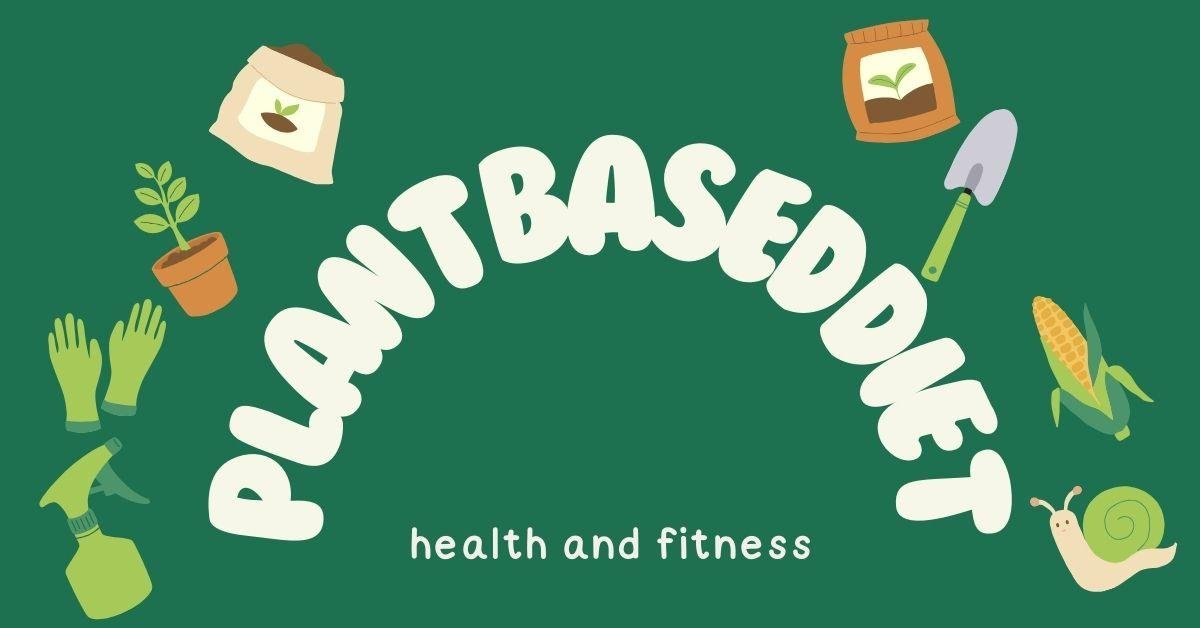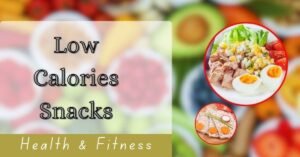As a longtime supporter of healthy food, New York City Mayor Eric Adams has established six new plant-based lifestyle medicine initiatives across the city (the link is external and opens in a new window). In addition, he is urging everyone in New York to adopt the plant-based diet he began after being diagnosed with diabetes. After making the change, he claims that his energy level is “fantastic,” his health has improved, and his thinking is clearer.
To learn more about plant-based eating, we visited with clinical nutritionist Sabrina Toledano, MS, RD, a licensed dietitian-nutritionist who provides patient counseling at the Pancreas Center of NewYork-Presbyterian/Columbia University Irving Medical Center.
What is it?
A plant-based diet is just that—plant-based. Plant-based foods make up the majority of the diet, including fruits, vegetables, whole grains, legumes, nuts, and seeds.
You can eat poultry, beef, eggs, fish, and dairy products, but the majority of your nutrients should come from plant-based foods. A plant-based diet is not the same as a vegetarian or vegan diet. A plant-based diet does not have a predetermined ratio of plant to animal foods; however, it is a good idea to start with at least two-thirds of each plate of food (or meal) you eat. Plants should be the main focus.
Is it healthy to eat only plants?
Indeed. A plant-based diet is thought to be high in fiber, protein, healthy fats, vitamins, and minerals, making it nutrient-dense. It can satisfy all of your nutrient requirements and is a highly healthful way to eat.
For whom is a plant-based diet appropriate?
A plant-based diet is beneficial for the majority of individuals. Plant-based diets may help prevent and treat chronic illnesses and lessen reliance on prescription drugs, according to research. Before making dietary changes, speak with your doctor if you have a digestive condition.
How can a plant-based diet provide adequate protein?
Avoid confusing protein with flesh. Numerous excellent plant-based protein sources are available, such as quinoa, lentils, beans, nuts, nut butter, seeds, and tofu.
Remember that while dairy, eggs, beef, chicken, and fish are acceptable on a plant-based diet, they should not be the main course. 
How can a plant-based diet be initiated?
It may seem overwhelming to begin a plant-based diet, but do it one day at a time. Every meal should include a range of fruits and/or vegetables. Add healthful grains such as brown rice, quinoa, farro, oats, or whole wheat bread. Nuts, seeds, avocado, and olives are excellent sources of healthy fats that will keep you feeling full.
First, no more than one-third of each meal or snack should consist of animal products (egg, yogurt, fish, or chicken), and two-thirds should be plant-based. Try consuming only one animal product per day as you become accustomed to eating more plants.
Which plants should be avoided?
A plant-based diet can contain any type of plant.
How to Begin Eating Only Plants
The plant-based diet has consistently been associated with better health outcomes, despite the fact that numerous fad diets have come and gone. According to studies, a plant-based diet can help reverse coronary heart disease and lower your risk of heart disease, type 2 diabetes, several types of cancer, and cognitive decline.
A 2018 Gallup poll revealed that 8% of Americans now adopt a vegan or vegetarian diet, even though plant-based diets were long thought to be a niche lifestyle. Whether or not they are vegans, more people are becoming aware of the health advantages of plant-based diets and purchasing more plant-based goods than ever before.
Plant-based food sales at retail increased five times faster than overall food sales during the previous 12 months. With 95% of American grocery shops now carrying plant-based meat products, sales of plant-based meat are still increasing while sales of animal meat are down. It is anticipated that plant-based dairy substitutes will eventually make up 40% of the category’s overall sales. When taken as a whole, these statistics show that attitudes about plant-based diets have changed significantly.
In addition to its well-established health benefits, many people claim that eating a plant-based diet has enhanced their sports performance, reduced inflammation, and given them more energy. This could be the reason why several prominent sportsmen, including NFL players and triathletes, have stated that they have switched to a plant-based diet in recent years.
Eliminating animal products from your diet is also a fantastic way to support animal welfare and the environment, as animal agriculture is responsible for 14.5% of global greenhouse gas emissions.
What is a plant-based, whole-food diet?
Eating foods that are found in nature, are unrefined or barely processed, originate from plants, and do not contain any animal products is known as a whole-food, plant-based diet.
As a result, meat, fish, dairy, and highly processed foods are avoided, and meals are focused on vegetables, whole grains, fruits, legumes, nuts, seeds, and healthy oils.
Eat a whole-food, plant-based diet to provide your body with the minerals, protein, fats, carbohydrates, and fiber it needs for optimum performance. Yet, it is crucial to remember that vegan cuisine does not always imply that it is healthful. (In theory, sugary sodas and potato chips are vegan.) Whole foods that only contain one ingredient—the plant itself—should make up the majority of your daily diet. The remainder should come from minimally processed plant-based foods such as plant-based nutrition bars, granola, or nut or seed milk.
Tips for a Plant-Based Diet
More plant-based options are available than ever before in supermarkets and dining establishments. Some individuals prefer to jump right in, but it is acceptable to start slowly if making the move abruptly (or, perhaps more accurately, cold tofu?) feels too drastic. As you make the switch, consider adding a few plant-based meals per week or using animal products as a garnish rather than the main ingredient in your meals.
GoMacro’s Dedication to a plant-based diet, Clean Lifestyle
Our goal is to raise awareness of the benefits of a plant-based, balanced lifestyle and products that benefit the environment. After much research, our co-founder Amelia Kirchoff chose to combat her breast cancer in 2003 by combining a local lumpectomy with a plant-based macrobiotic diet. Jola and Amelia united in the face of hardship, and Amelia prevailed in their battle against cancer. Amelia developed the MacroBar recipe in her kitchen on the family farm in Wisconsin while she was battling illness.
Making the switch to a plant-based diet not only benefits our health but also the environment. Clearer skin, stronger immunity, better digestion, and more energy are just a few of the benefits that many individuals say they experience every day while following a plant-based diet. GoMacro is dedicated to creating the tastiest plant-based nutrition bars because of this. You can feel good about what you are eating because all MacroBars are not only Certified Vegan but also Certified Organic, Gluten-Free, Kosher, non-GMO, C.L.E.A.N., R.A.W., and soy-free.
One effective strategy for achieving optimum health is to follow a plant-based diet.
A plant-based diet excludes meat, dairy, and eggs and only includes plant-based foods such as fruit, vegetables, grains, and legumes. Foods derived from plants are low in calories and saturated fat, high in fiber, free of cholesterol, and high in vitamins and minerals. Consuming a range of these foods gives your body all the calcium, protein, and other vital nutrients it needs. Your diet must contain a dependable source of vitamin B12. With a daily supplement or fortified foods like vitamin B12-enriched morning cereals, plant milk, and nutritional yeast, you can easily satisfy your vitamin B12 requirements.
Plant-based diets reduce the risk of obesity, type 2 diabetes, and heart disease.
Heart Conditions
Compared to non-vegetarians, those who follow a plant-based diet are less likely to die from heart disease. It has been demonstrated that a plant-based diet improves cholesterol, lowers blood pressure, and prevents and treats cardiac disease.
Diabetes
Type 2 diabetes can be prevented, controlled, and possibly reversed with a plant-based diet. Plant-based diets help reverse the symptoms of type 2 diabetes by reducing body weight, enhancing insulin action, and boosting beta-cell capacity to control blood sugar.
You have undoubtedly considered your diet if you have considered cancer prevention. A new trend in health food makes news almost every week. Deciding what to eat and what not to eat can become nearly impossible as a result.
However, over more than 20 years, one diet has been repeatedly shown to lower your chance of developing cancer. The diet is plant-based.
You can still consume meat if you follow a plant-based diet. It indicates that the majority of your meals consist of fruits, veggies, and whole grains. It also includes nuts, seeds, and beans.
Make sure to include this plant-based diet on two-thirds of your plate. Lean proteins, such as fish or chicken, or plant proteins, such as beans or tofu, should make up the remaining one-third.






